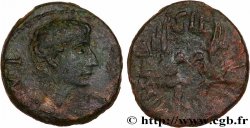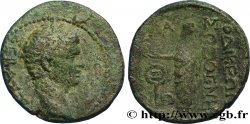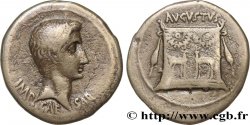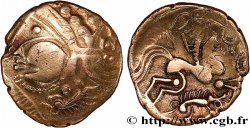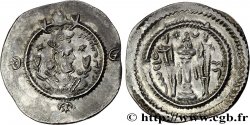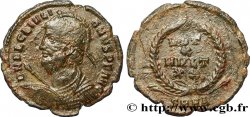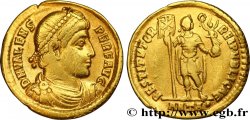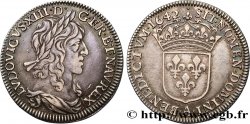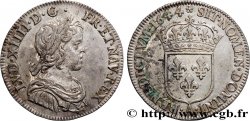Live auction - bpv_527428 - AUGUSTUS Tétradrachme syro-phénicien
You must signin and be an approved bidder to bid, LOGIN TO BID. Accounts are subject to approval and the approval process takes place within 48 hours. Do not wait until the day a sale closes to register. Clicking on "BID" constitutes acceptance of the terms of use of cgb.fr private live auctions.
Bids must be placed in whole Euro amounts only. The sale will start closing at the time stated on the item description; any bids received at the site after the closing time will not be executed. Transmission times may vary and bids could be rejected if you wait until the last second. For further information check the Live auction FAQ
All winning bids are subject to a 18% buyer’s fee.
All winning bids are subject to a 18% buyer’s fee.
| Estimate : | 850 € |
| Price : | no bid |
| Maximum bid : | no bid |
| End of the sale : | 04 June 2019 14:52:25 |
Type : Tétradrachme syro-phénicien
Date: An 27 et 12e consulat
Mint name / Town : Antioche, Syrie, Séleucie et Piérie
Metal : silver
Diameter : 25,5 mm
Orientation dies : 12 h.
Weight : 15,08 g.
Coments on the condition:
Exemplaire sur un flan bien centré des deux côtés. Belle tête d’Auguste de haut relief, bien venue à la frappe. Joli revers avec une faiblesse de frappe sur la tête de l’Oronte. Patine de collection avec des reflets dorés
Catalogue references :
Predigree :
Cet exemplaire provient du stock Gorny & Mosch en 2014
Obverse
Obverse description : Tête laurée d’Auguste à droite entouré de la stemma (O*).
Obverse legend : KAISAROS SE-BASTOU (Kaisaros Sebastou)
Obverse translation : (César Auguste).
Reverse
Reverse description : Tyché (Ville d’Antioche) tourelée, voilée et drapée assise à droite sur un rocher, tenant une palme de la main droite ; à ses pieds à droite, l’Oronte nageant à droite.
Reverse legend : ETOUS - ZK - NIKHS/ (UPAT) IB (Etous Nikhs)
Reverse translation : Nouvelle année victorieuse 27 / Douzième consulat / monogramme d’Antioche.
Commentary
Dans la base TSP maintenue par Michel Prieur, soixante-huit exemplaires sont maintenant répertoriés.







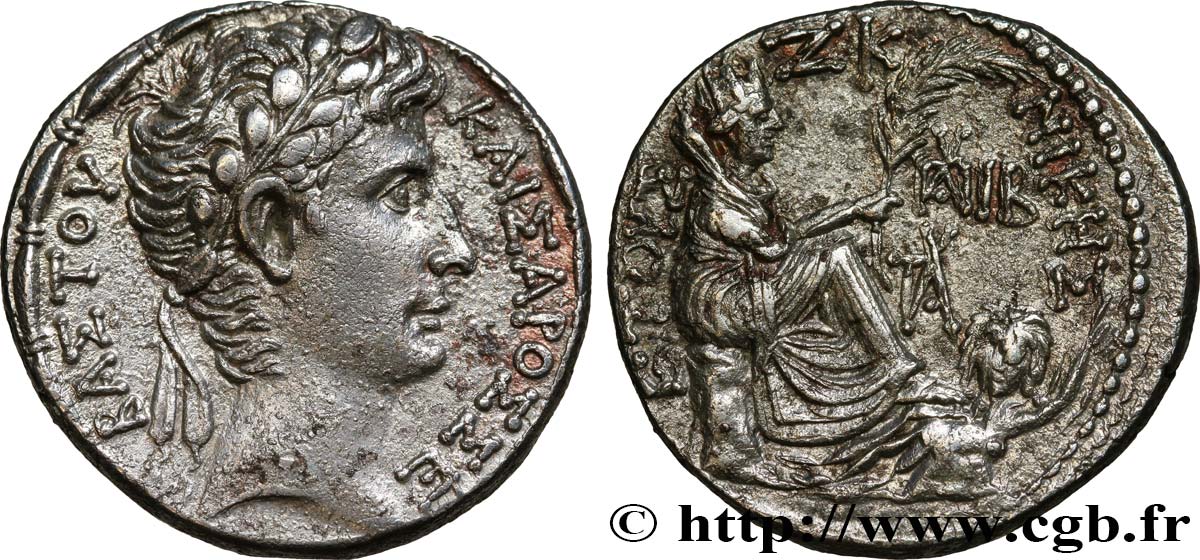
 Report a mistake
Report a mistake Print the page
Print the page Share my selection
Share my selection Ask a question
Ask a question Consign / sell
Consign / sell
 Full data
Full data
